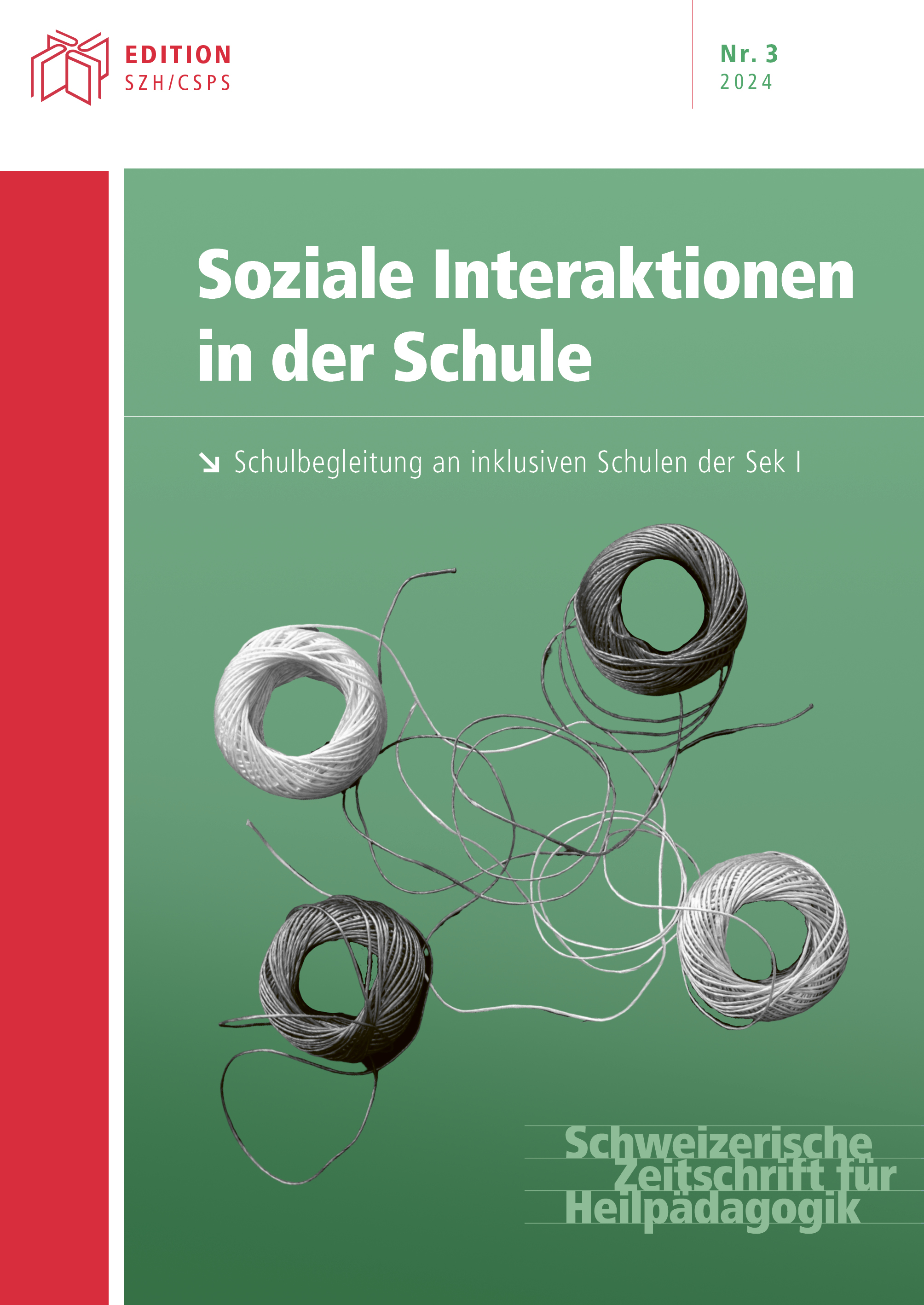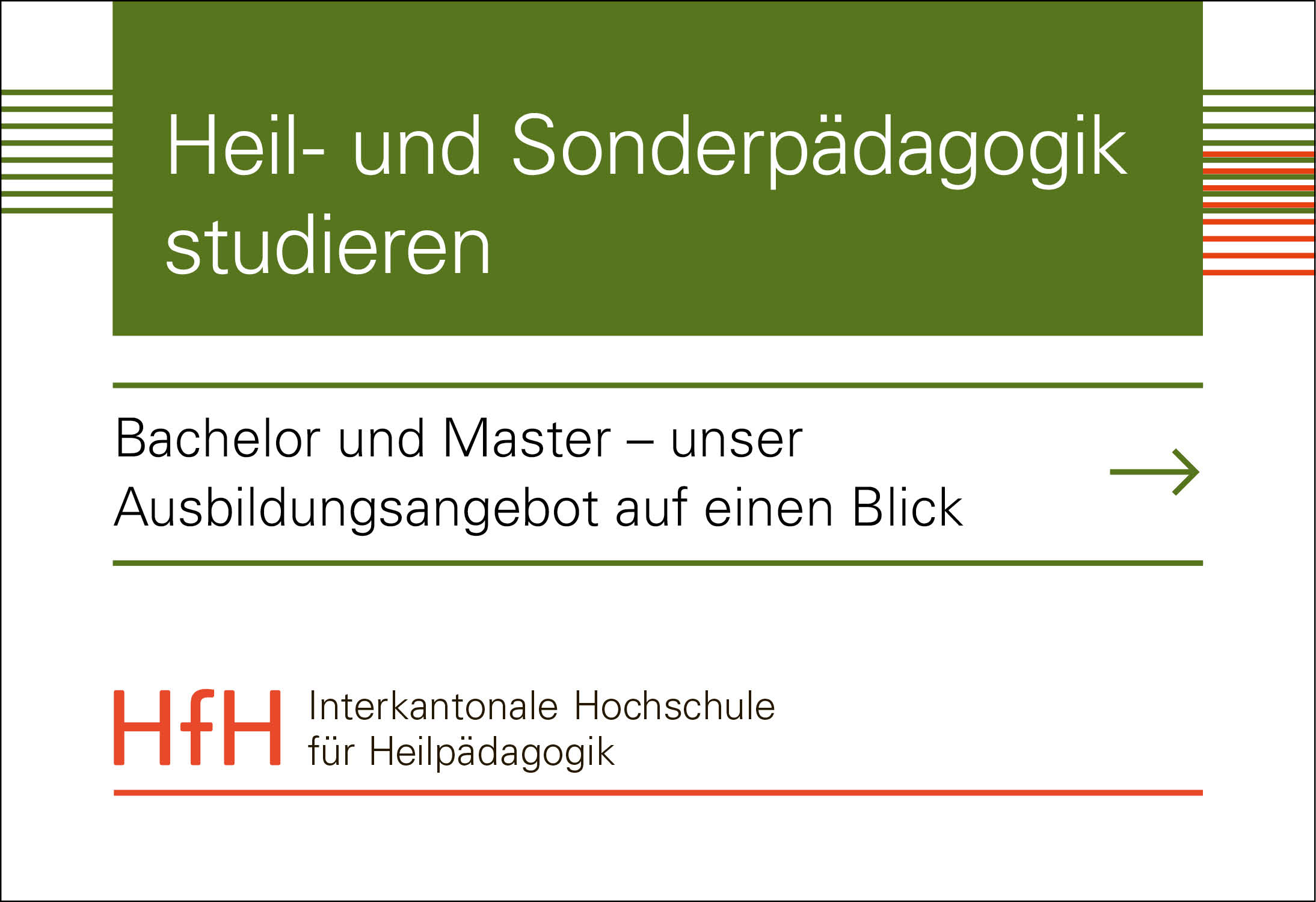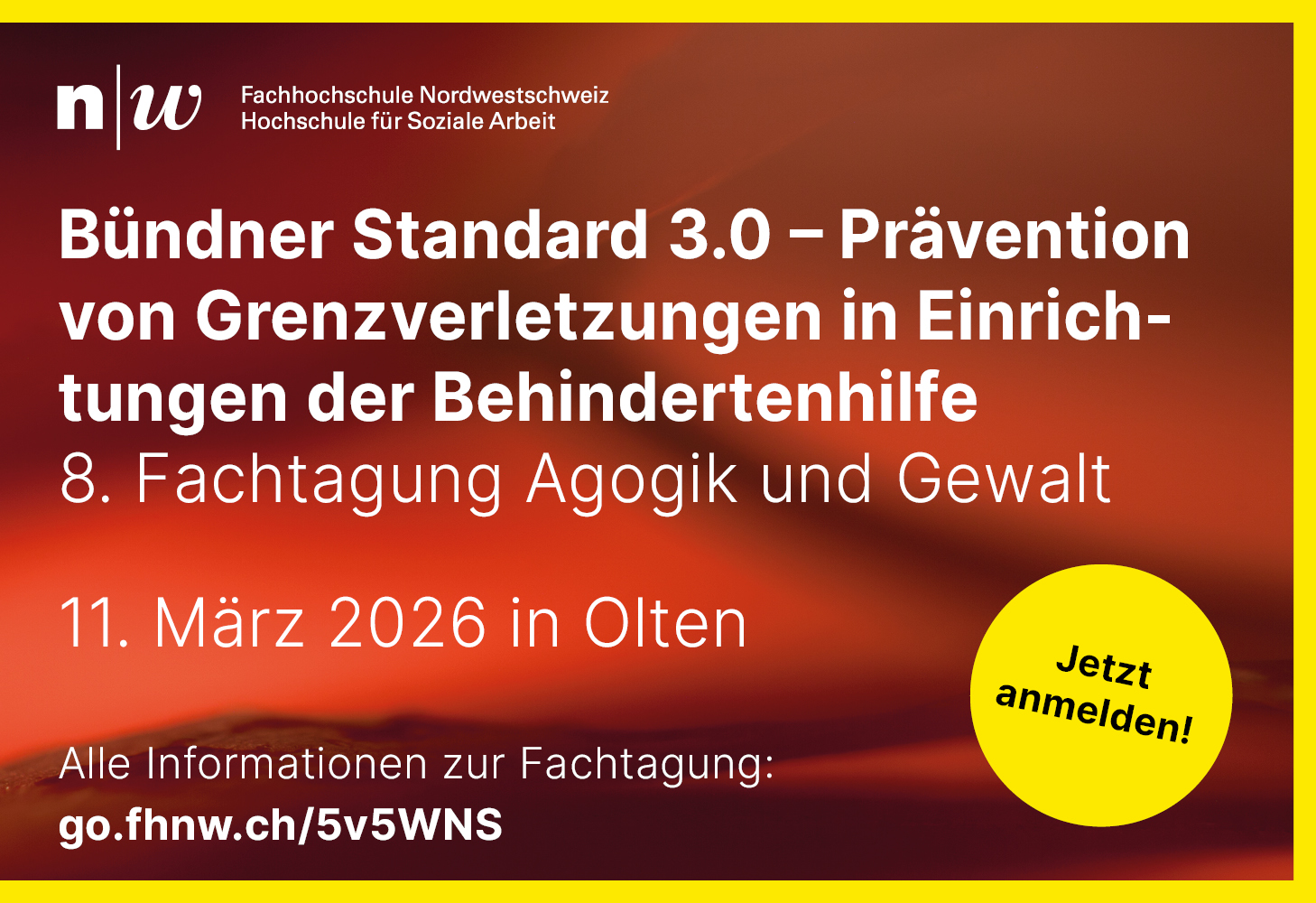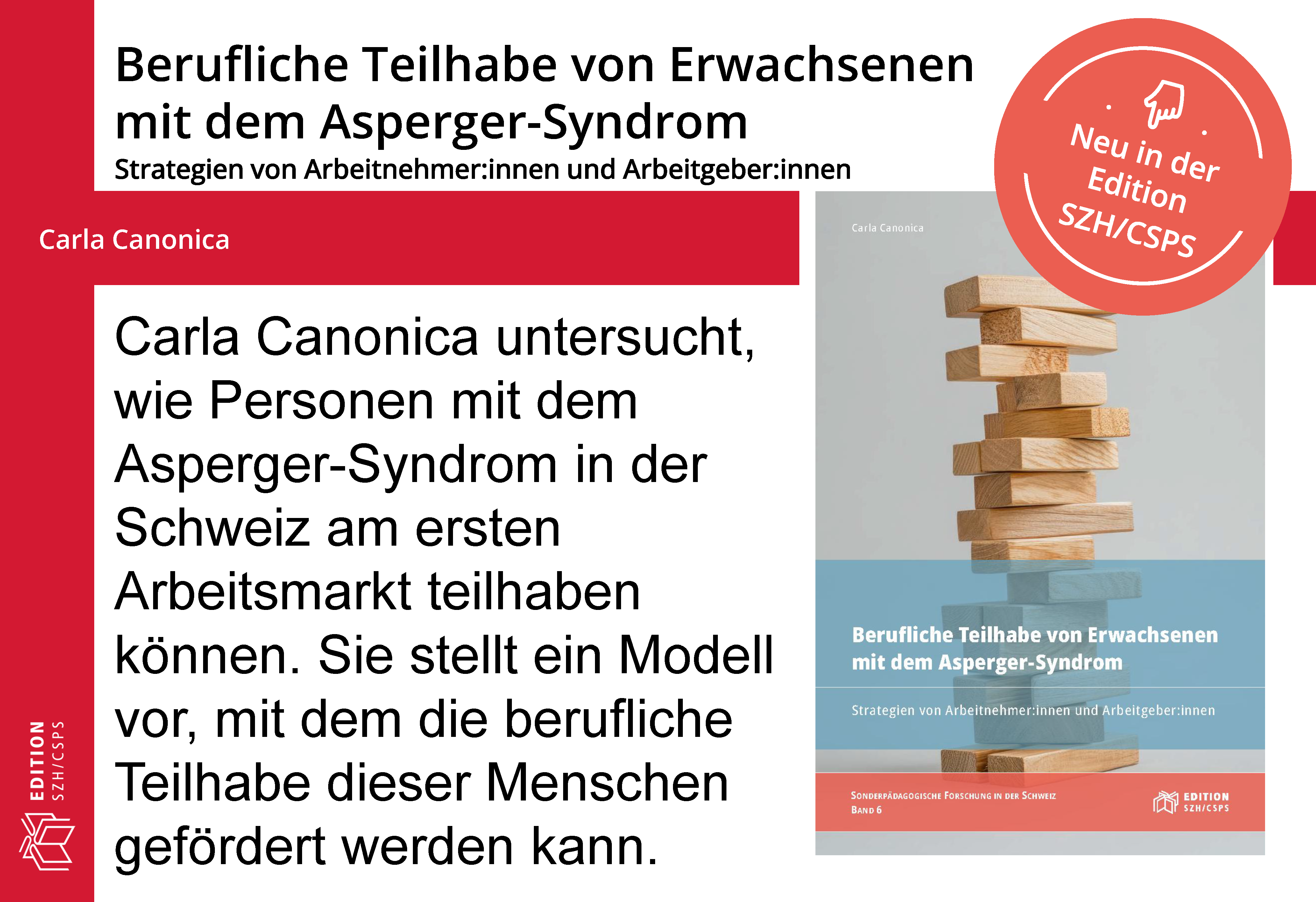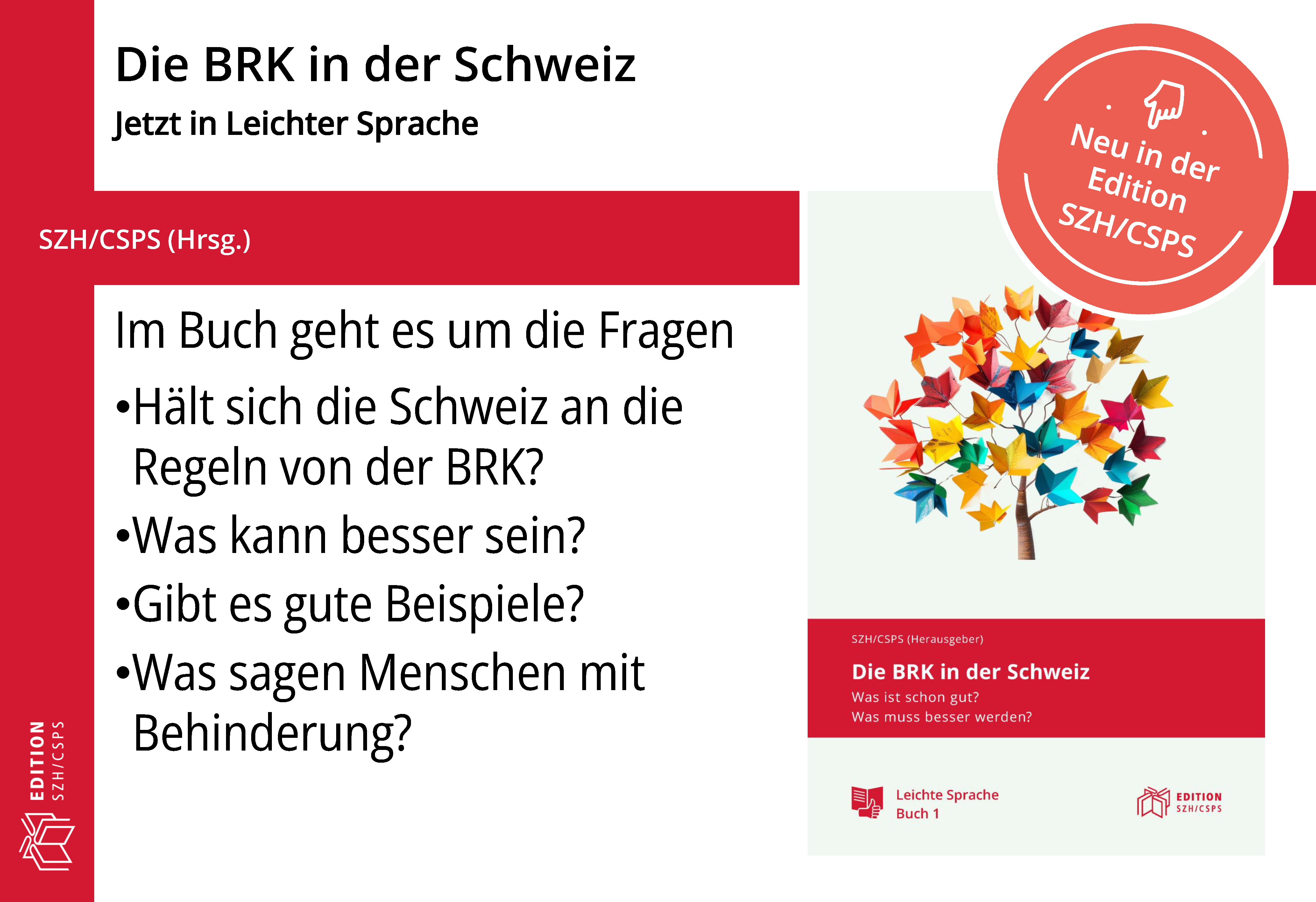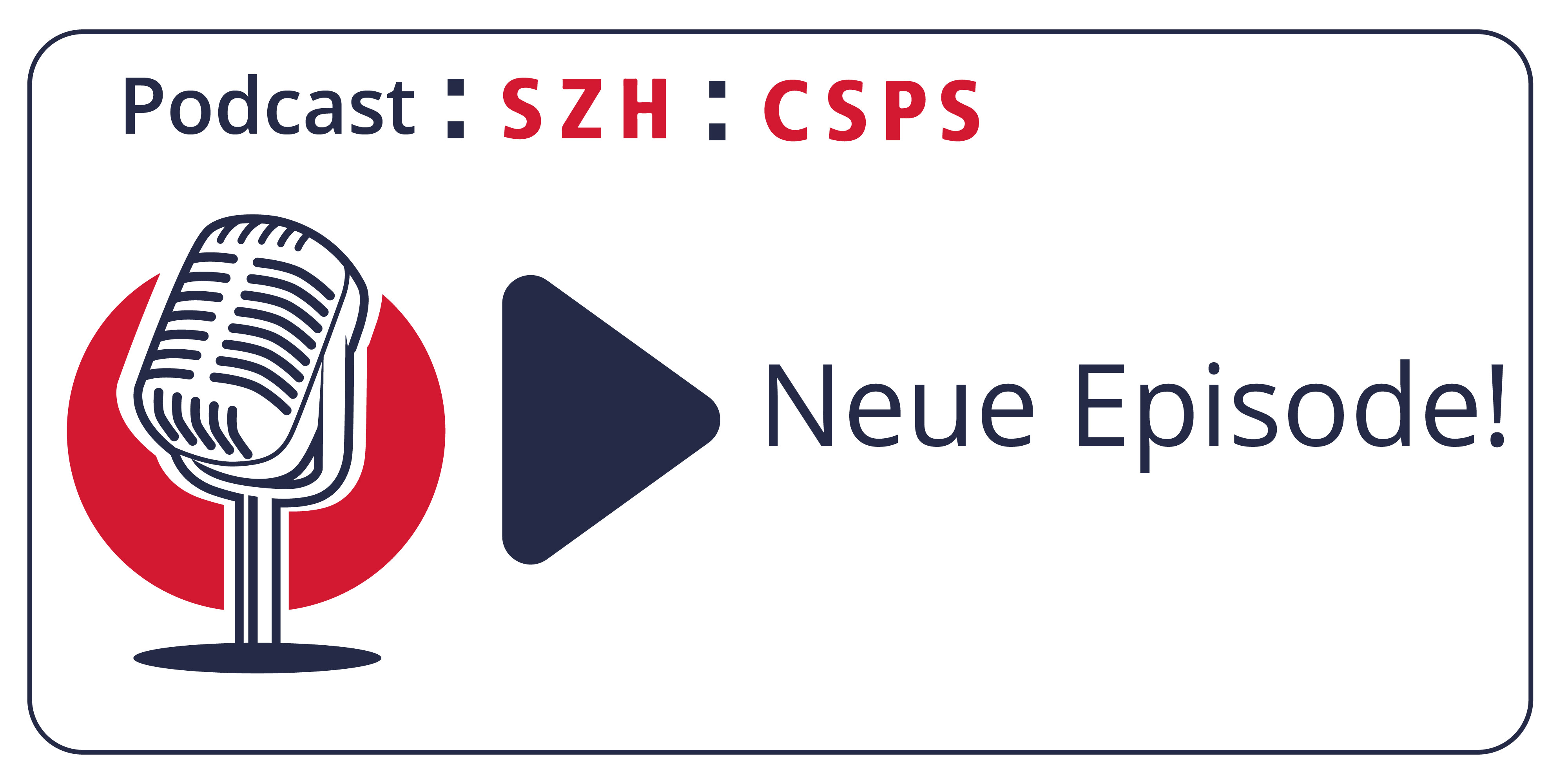Die Bedeutung sozialer Interaktionen für die Gesundheit von Lehrpersonen
DOI :
https://doi.org/10.57161/z2024-03-03Mots-clés :
coping, interaction sociale, relation maitre-élève, résilience, santé, stressRésumé
Les interactions conflictuelles sont considérées comme l’un des principaux facteurs de risque pour la santé des enseignantes et enseignants. Or, les études les plus récentes (notamment l’étude PAUL) montrent que ce ne sont pas tant les comportements problématiques des élèves qui affectent le corps enseignant, mais davantage la manière dont ils sont perçus en fonction de la personnalité et des stratégies d’adaptation des enseignantes et enseignants. Des interactions sociales satisfaisantes sont une ressource importante pour la santé. De bonnes relations entre le corps enseignant et les élèves, une gestion de classe adaptée et un soutien suffisant au sein de l’équipe scolaire permettent de lutter contre les conséquences physiologiques négatives du stress.
Références
Biglan, A., Layton, G. L., Jones, L. B., Hankins, M. & Rusby, J. C. (2013). The value of workshops on psychological flexibility for early childhood special education staff. Topics in Early Childhood Special Education, 32 (4), 196–210.
Byrne, B. M. (1999). The nomological network of teacher burnout: A literature review and empirically validated model. In R. Vandenberghe & A. M. Huberman (Eds.), Understanding and preventing teacher burnout (pp. 15–37). Cambridge University Press.
Chang, M. L. & Davis, H. A. (2009). Understanding the role of teacher appraisals in shaping the dynamics of their relationships with students: Deconstructing teachers’ judgments of disruptive behavior/students. In P. A. Schutz & M. Zembylas (Eds.), Advances in teacher emotion research (pp. 95–127). Springer. https://doi.org/10.1007/978-1-4419-0564-2_6
Emery, D. W., & Vandenberg, B. (2010). Special Education Teacher Burnout and ACT. International Journal of Special Education, 25 (3), 119–131.
Evers, W. J., Tomic, W. & Brouwers, A. (2004). Burnout among teachers: Students’ and teachers’ perceptions compared. School Psychology International, 25 (2), 131–148. https://doi.org/10.1177/0143034304043670
Jenni, G., Wettstein, A., Schneider, I., Kühne, F., grosse Holtforth, M. & La Marca, R. (2023). Classroom Disruptions Cumulate Occupational Problems in Teachers over Two Years. How Social Overload and Fear of Negative Evaluation Mediate the Effect of Neuroticism on Classroom Disruptions. [Manuskript zur Veröffentlichung eingereicht]
Klusmann, U., Richter, D. & Lüdtke, O. (2016). Teachers’ emotional exhaustion is negatively related to students’ achievement: Evidence from a large-scale assessment study. Journal of Educational Psychology, 108 (8), 1193–1203. https://doi.org/10.1037/edu0000125
Kokkinos, C. M., Panayiotou, G. & Davazoglou, A. M. (2005). Correlates of teacher appraisals of student behaviors. Psychology in the Schools, 42 (1), 79–89. https://doi.org/10.1002/pits.20031
La Marca, R., Schneider, S., Jenni, G., Kühne, F., grosse Holtforth, M. & Wettstein, A. (2023). Associations between stress, resources, and hair cortisol concentration in teachers. Psychoneuroendocrinology, 154, Artikel 106291. https://doi.org/10.1016/j.psyneuen.2023.106291
Lawrenson, G. & McKinnon, A. (1982). A survey of classroom teachers of the emotionally disturbed: Attrition and burnout factors. Behavioral Disorders, 8, 41–49.
Lewis, R. (1999). Teachers coping with the stress of classroom discipline. Social Psychology of Education, 3 (3), 155–171. https://doi.org/10.1023/A:1009627827937
McCormick, J. & Barnett, K. (2011). Teachers’ attributions for stress and their relationships with burnout. International Journal of Educational Management, 25, 278–293. https://doi.org/10.1108/09513541111120114
Scherzinger, M. & Wettstein, A. (2014). Interaktionsstörungen als Belastungsfaktor in der Sonderpädagogik. Schweizerische Zeitschrift für Heilpädagogik, 20 (7–8), 24–29.
Scherzinger, M. & Wettstein, A. (2022). Beziehungen in der Schule gestalten. Für ein gelingendes Miteinander. Kohlhammer.
Schneider, S., grosse Holtforth, M., Wettstein, A., Jenni, G., Kühne, F. & La Marca, R. (2023). The diurnal course of salivary cortisol and alpha-amylase on workdays and leisure days in teachers and the role of social isolation and neuroticism. PLOS ONE 18 (5), Artikel e0286475. https://doi.org/10.1371/journal.pone.0286475
Smith, A., Brice, C., Collins, A., McNamara, R. & Matthews, V. (2000). Scale of occupational stress: a further analysis of the impact of demographic factors and type of job. HSE.
Unterbrink, T., Hack, A., Pfeifer, R., Buhl-Griesshaber, V., Müller, U., Wesche, H., Frommhold, M., Scheuch, K., Seibt, R., Wirsching, M. & Bauer, J. (2007). Burnout and effort-reward-imbalance in a sample of 949 German teachers. International Archives of Occupational and Environmental Health, 80 (5), 433–441. https://doi.org/10.1007/s00420-007-0169-0
Wettstein, A. (2008). Beobachtungssystem zur Analyse aggressiven Verhaltens in schulischen Settings (BASYS). Huber.
Wettstein, A. (2013). Die Wahrnehmung sozialer Prozesse im Unterricht. Schweizerische Zeitschrift für Heilpädagogik, 19 (7–8), 5–13.
Wettstein, A., Jenni, G., Schneider, I., Kühne, F., grosse Holtforth, M. & La Marca, R. (2023b). Predictors of psycho-logical strain and allostatic load in teachers: Examining the long-term effects of biopsychosocial risk and protective factors using a LASSO regression approach [Special issue]. International Journal of Environmental Research and Public Health, 20, Artikel 5760. https://doi.org/10.3390/ijerph20105760
Wettstein, A., Jenni, G., Schneider, S., Kühne, F., grosse Holtforth, M. & La Marca, R. (2023a). Teachers’ perception of aggressive student behavior through the lens of chronic worry and resignation, and its psychophysiologi-cal stress consequences. An observational study. Social Psychology of Education, 26, 1181–1200. https://doi.org/10.1007/s11218-023-09782-2
Wettstein, A. & Scherzinger, M. (2022). Unterrichtsstörungen verstehen und wirksam vorbeugen (2. Aufl.). Kohlhammer.
Wettstein, A., Scherzinger, M., Meier, J. & Altorfer, A. (2013). Leben im Erziehungsheim – Eine Kamerabrillenstudie. Aggression und Konflikt in Umwelten frühadoleszenter Jungen und Mädchen. Beltz Juventa.
Wettstein, A., Schneider, S., grosse Holtforth, M. & La Marca, R. (2021). Teacher stress: A psychobiological approach to stressful interactions in the classroom. Frontiers in Education, 6, Artikel 681258. https://doi:10.3389/feduc.2021.681258
Téléchargements
Publiée
Comment citer
Numéro
Rubrique
Licence
© Alexander Wettstein 2024

Ce travail est disponible sous la licence Creative Commons Attribution 4.0 International .

